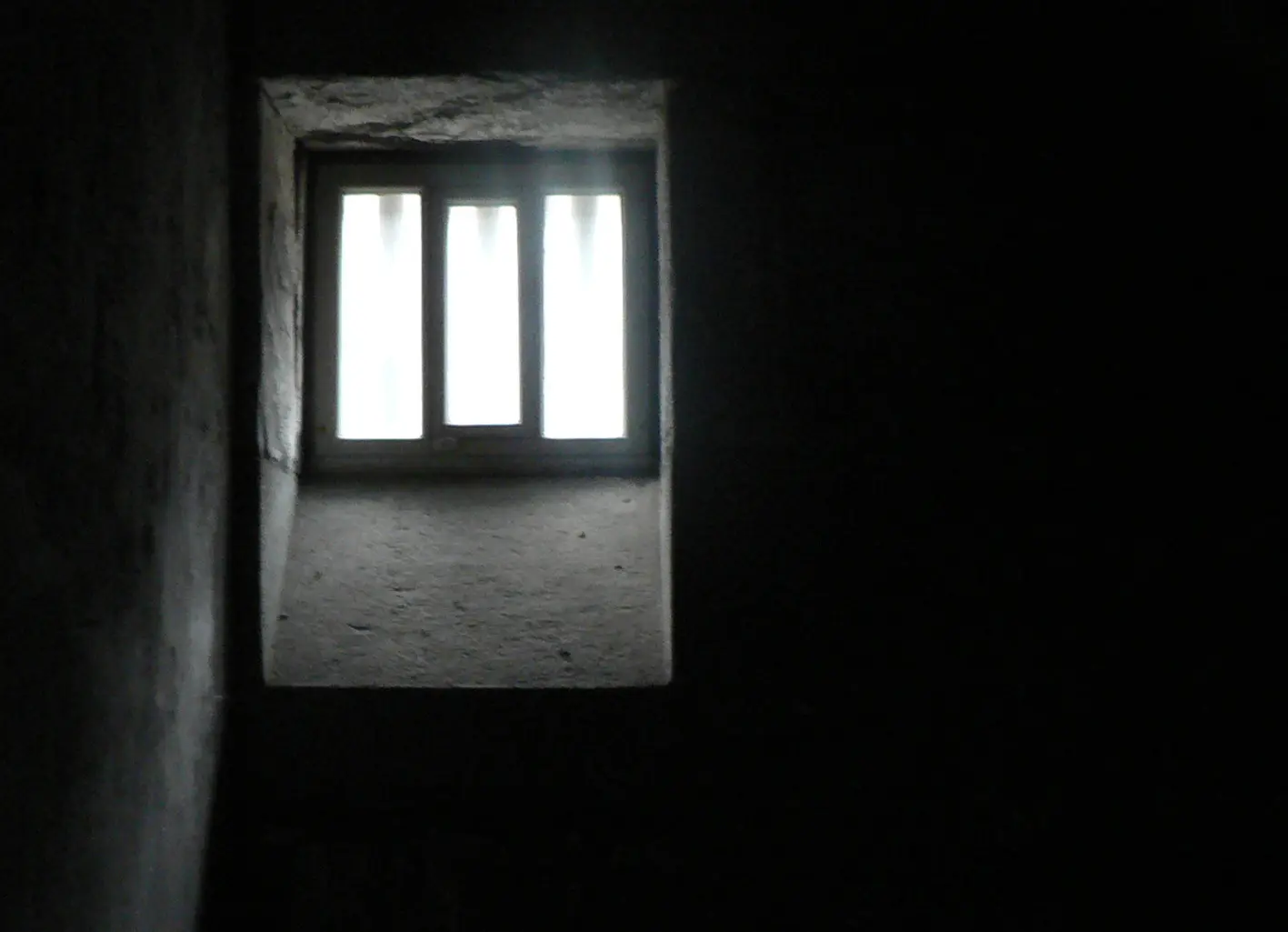
10 JUNE 2014
GABORONE, BOTSWANA
On 10 June 2014, Judge Bengbame Sechele of the High Court in Gaborone heard an application by two prisoners and the Botswana Network on Ethics, Law and AIDS (BONELA) to secure the provision of highly active antiretroviral treatment (HAART) for foreign HIV-positive prisoners.
Advocate Gilbert Marcus SC and Advocate Isabel Goodman appeared for the applicants, together with Mr Tshiamo Rantao from Rantao Kewagamang Attorneys and Ms Keikantse Phele from BONELA. The State respondents were represented by Ms Y Sharpe and Mr David Moloise.
Advocate Marcus commenced his argument in chief by illustrating that the expert evidence submitted by the applicants as well as the evidence as to the circumstances of the applicants was entirely uncontested.
Advocate Marcus argued that the Botswana Prisons Act nowhere permitted withholding treatment to the prisoners on a discriminatory basis. This, he contended, was hardly surprising because prisoners fall under the absolute authority of the State and in assuming this authority, the State takes responsibility for their physical welfare.
He argued further that the Presidential Directive of 2004, under which the denial of HAART to foreign prisoners is ostensibly premised, is problematic. He argued that the Directive was not lawfully issued and could, in any case, not amend the Prisons Act as a matter of the rule of law and the separation of powers. Botswana’s National HIV/AIDS Policy, it was submitted, also did not permit the exclusion of foreign prisoners from HAART but to the extent that it did, it cannot be read to amend the Prisons Act.
It was further argued on behalf of the applicants that the refusal to provide HAART to foreign prisoners violates their constitutional rights to life, to freedom from inhuman and degrading treatment, and to equality and freedom from discrimination. The onus to justify that these infringements are lawful falls to the State. Advocate Marcus contended, however, that the State failed to justify the infringements and, in fact, could not do so in a rational manner.
Advocate Marcus concluded by addressing a number of technical defences that the State respondents had raised. He refuted their procedural complaints and argued that the State was in any case not able to show any prejudice as a result of the alleged procedural irregularities. Furthermore, these defences were nothing more than an attempt to evade engaging with the merits of the case.
Ms Sharpe, for the State respondents, proceeded to address the Court on the technical defences. She sought to argue that strict compliance with the procedural Rules of the High Court is required and that any deviation, irrespective of its triviality, nullifies the proceedings. This, it was inferred, was a matter of the rule of law.
Mr Moloise then addressed the Court on the merits of the application. He commenced his address by apologising pre-emptively for any aspect that may appear to be offensive in what he recognized to be a sensitive topic. However, in the course of his address, Judge Sechele intervened on a few occasions to caution Mr Moloise not to deviate from the record and to be careful in his choice of words.
Mr Moloise argued that the Prisons Act confers no rights on any prisoners, whether citizens or foreigners, to receive HAART. He nevertheless conceded that the only rights that the applicants had was the right to receive medical care. This, he submitted, they received in the provision of treatment for their opportunistic infections.
It was argued on the State’s behalf that the mere existence of the Presidential Directive was proof of its legal validity and that it was trite law that executive decisions are made to safeguard the interests of the State.
With respect to the constitutional arguments, Mr Moloise contended that the applicants’ right to life was not infringed because the applicants were still alive. Further to this, he argued that it was not the State who deprived the applicants of this right: “the deprivation occurred when they contracted AIDS” (sic). Refusing the applicants HAART only deprived them of what he submitted was an extension to their inevitable demise. The State had no intention to cause suffering to the applicants and there was no evidence, he argued, that the denial of HAART caused any mental pain or anguish to them.
Mr Moloise argued further that the Botswana Constitution permitted discrimination against non-citizens. The denial of HAART was in the public interest as there “is no money” to treat them. Prisoners, he contended, were “non-productive elements” in society that had been “adjudged as undesirable”. At this point, Judge Sechele intervened to state that prisoners, despite having their liberty removed, remained human.
The High Court reserved judgment as Judge Sechele expressed he would need time to determine what in his opinion would be a “just” outcome.
We expect a judgment later this year.
Click here for more information on the case or follow us on Twitter with the hashtag #BONELA
This entry was posted in Blog, HIV/AIDS and tagged AIDS, BONELA, botswana, HIV, prisoners’ rights. Bookmark the permalink.


